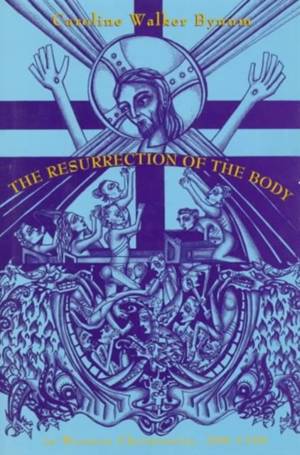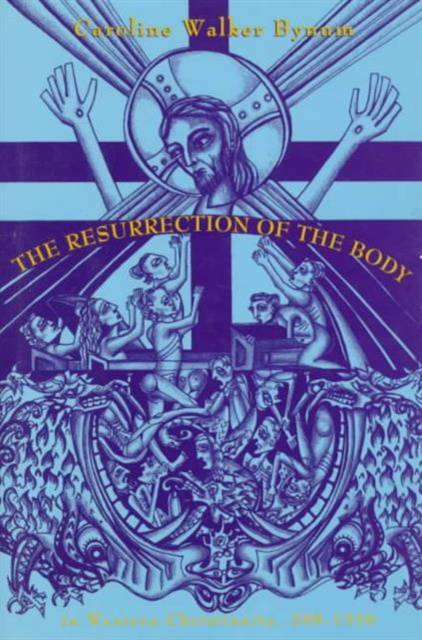
Bedankt voor het vertrouwen het afgelopen jaar! Om jou te bedanken bieden we GRATIS verzending (in België) aan op alles gedurende de hele maand januari.
- Afhalen na 1 uur in een winkel met voorraad
- In januari gratis thuislevering in België
- Ruim aanbod met 7 miljoen producten
Bedankt voor het vertrouwen het afgelopen jaar! Om jou te bedanken bieden we GRATIS verzending (in België) aan op alles gedurende de hele maand januari.
- Afhalen na 1 uur in een winkel met voorraad
- In januari gratis thuislevering in België
- Ruim aanbod met 7 miljoen producten
Zoeken
The Resurrection of the Body in Western Christianity, 200â "1336
Caroline Walker Bynum
€ 203,95
+ 407 punten
Omschrijving
Bynum examines several periods between the 3rd and 14th centuries in which discussions of the body were central to Western eschatology, and suggests that Western attitudes toward the body that arose from these discussions still undergird our modern notions of the individual. He explores the "plethora of ideas about resurrection in patristic and medieval literature--the metaphors, tropes, and arguments in which the ideas were garbed, their context and their consequences," in order to understand human life after death.
Specificaties
Betrokkenen
- Auteur(s):
- Uitgeverij:
Inhoud
- Aantal bladzijden:
- 384
- Taal:
- Engels
- Reeks:
Eigenschappen
- Productcode (EAN):
- 9780231081269
- Verschijningsdatum:
- 1/01/1995
- Uitvoering:
- Hardcover
- Formaat:
- Genaaid
- Afmetingen:
- 158 mm x 235 mm
- Gewicht:
- 766 g

Alleen bij Standaard Boekhandel
+ 407 punten op je klantenkaart van Standaard Boekhandel
Beoordelingen
We publiceren alleen reviews die voldoen aan de voorwaarden voor reviews. Bekijk onze voorwaarden voor reviews.









